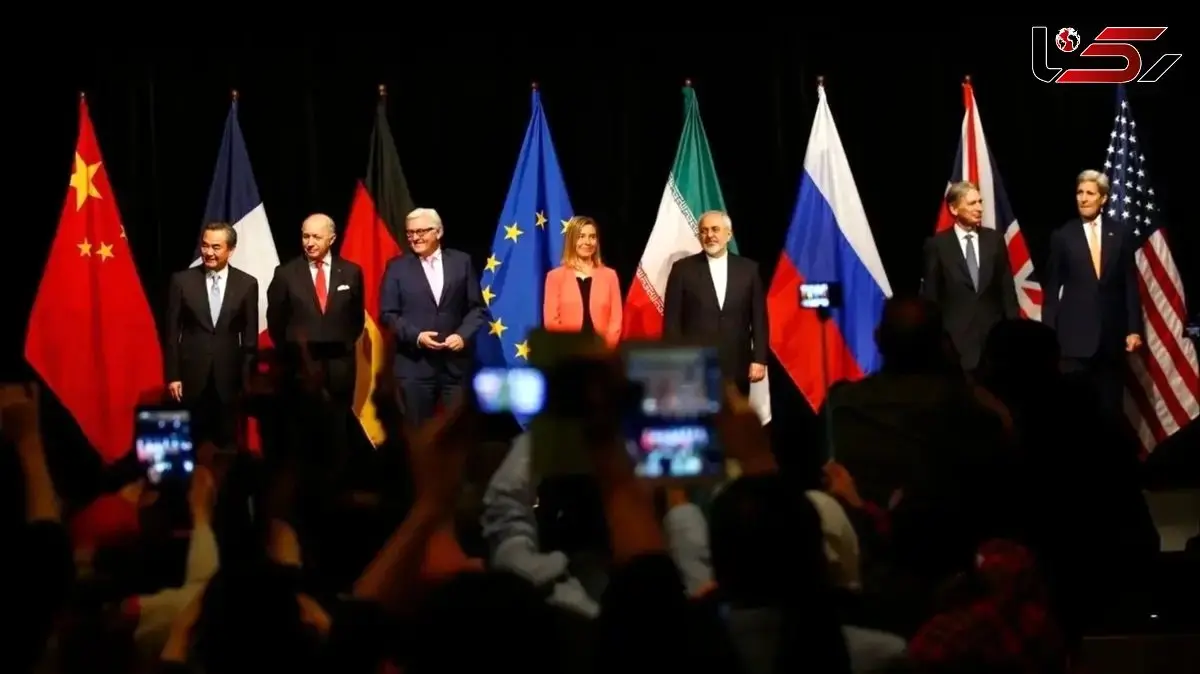Why the JCPOA Marks the End of the Road: A Look at Three Key Points
Rokna Political Desk: Kayhan, warning against the costly repetition of the JCPOA experience in a new form, has urged the government to act cautiously in nuclear negotiations — a reminder that once again reignites serious debate over the future of diplomacy and the nuclear deal.

The newspaper wrote in an editorial that the nation must beware of being deceived again under a different guise: “We must be vigilant not to fall for the deception of the JCPOA in another form, since the majority of those who created or defended the agreement are still present in the nuclear negotiation arena. Despite all the threats, sanctions, betrayals, crimes, bombings of nuclear facilities, and humiliation on the international stage, they continue to call for what they describe as ‘genuine, fair, and balanced negotiations’ with the Great Satan, led by a madman named Trump! It is unclear where the three elements of rationality, wisdom, and honor — emphasized by the wise Leader of the Revolution, Imam Khamenei — fit into this equation!” The newspaper then raised three critical points.
First: Why did Bagheri and Amir-Abdollahian re-engage Zarif’s team?
The revival of the JCPOA, which during Hassan Rouhani’s presidency was led by then–Deputy Foreign Minister Abbas Araghchi, was handed over after the change of administration to Ali Bagheri Kani, the new deputy foreign minister for political affairs. Bagheri Kani, a diplomat close to Saeed Jalili and head of Jalili’s campaign in the 2013 presidential election, took charge of the file, though his perspective on it gradually evolved.
The Raisi administration had the best opportunity to end this process, as the original JCPOA team had been sidelined or had left the Foreign Ministry. In the inner circle, Mohammad Javad Zarif had moved to the University of Tehran, Araghchi to the Strategic Council on Foreign Relations, Takht-Ravanchi to Iran’s UN mission in New York, and Hamid Baeidinejad had returned from his post in London in early 2021 and was reportedly serving as an adviser to the minister. Ali Akbar Salehi, who left the Atomic Energy Organization of Iran in 2021, joined the Academy of Sciences as its deputy for research and executive affairs.
In the next circle, Esmaeil Baghaei remained Iran’s ambassador to the European headquarters of the United Nations until 2022, and Behzad Saberi Ansari, director-general of the Foreign Ministry’s legal department — which oversaw JCPOA-related affairs — was dismissed. After a short period of oversight by Bagheri, with the assessment and request of the late Foreign Minister Hossein Amir-Abdollahian and the deputy foreign minister for political affairs, several JCPOA-era experts were brought back into the negotiation process. This decision faced harsh criticism from hardline factions both inside and outside the parliament.
Second: Why did the Raisi administration pursue JCPOA revival?
The project of reviving the nuclear agreement continued under President Raisi’s administration and nearly reached signing on two occasions — both of which were derailed by external events. The first was the outbreak of protests in 2022, and the second was the October 7 incident, which halted the ongoing talks that had been scheduled to resume only days after the Al-Aqsa Storm operation.
If this path had truly run counter to the country’s national interests and security, given the government’s overall approach, it should have been abandoned. The nuclear program had already returned to its pre-JCPOA state since 2020, advancing without restrictions. The United States’ withdrawal from the deal had weakened it, and stopping the alleged harm at that stage would have been logical.
Considering that the deputy foreign minister at the time had, only a few years earlier, been among the fiercest critics of the nuclear agreement alongside Saeed Jalili — a rift that eventually became public — the question remains crucial: why did the Raisi administration, despite its criticism of the JCPOA, still seek to revive it?
Third: Perhaps there is no alternative path
Given the Raisi government’s experience with the JCPOA, it may be concluded that there exists no other diplomatic formula to resolve this file — regardless of whether that formula remains effective today or whether there is any current intent to implement it. Despite all the transformations in recent years, particularly since the beginning of this year, the Iranian foreign minister has consistently maintained that the only viable approach, provided that talks are held on equal footing, remains the JCPOA framework.
According to him, “This formula involves Iran building confidence regarding its nuclear program in exchange for sanctions relief from the other side.” This may explain why, despite domestic and international pressures, this path has not been abandoned — a path that involves reciprocal concessions, acceptance of limitations, and all that critics of diplomacy, such as the writers at Kayhan, condemn as appeasement.
Send Comments